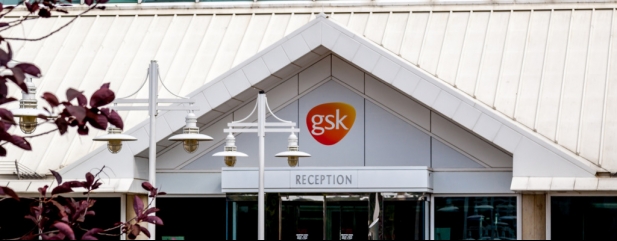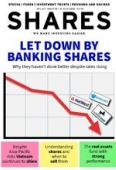Shares in Haleon (HLN) slipped 6.6% in a disappointing debut (18 July) as a standalone business on the London Stock Exchange following the consumer healthcare group’s long-awaited demerger from GSK (GSK).
The stock dropped from a 330p start price to 308.35p on the first day of dealings and as Shares went to press, Haleon traded even lower at 298.5p.
While the business behind brands such as Panadol, Sensodyne and Advil has defensive characteristics, investors are clearly worried about the impact of inflation on the company, which also joined the market saddled with significant debt.
Cash-strapped shoppers are increasingly trading down to supermarket own-label products as the cost of living crisis bites, and where there are cheaper options for toothpaste and headache tablets than those sold by Haleon.
Guided by CEO Brian McNamara with former Tesco (TSCO) boss Dave Lewis in the chair, such pressures suggest Haleon may struggle to meet its stated targets. Management anticipates delivering 4% to 6% organic annual revenue growth with a sustainable moderate margin expansion and high cash conversion.
Before the demerger, Haleon was the subject of a takeover bid from consumer goods goliath Unilever (ULVR) pitched at £50 billion. Though it is still very early days, Haleon’s current market value below £28.5 billion heaps pressure on management to deliver, with many investors wondering why GSK didn’t accept Unilever’s much higher bid.
‹ Previous2022-07-21Next ›

 magazine
magazine








